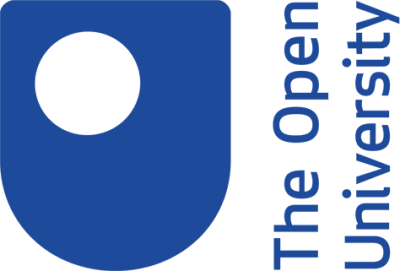
BA (Honours) in Arts and Humanities (Engelse taal)
Open University

Belangrijke informatie
Campuslocatie
Online United Kingdom
Talen
Engels
Studieformaat
Afstand leren
Duur
3 - 6 jaar
Tempo
Full time, Deeltijd
Collegegeld
GBP 6.924 / per year *
Deadline voor aanmelding
Informatie aanvragen
Eerste startdatum
Informatie aanvragen
* kosten per jaar fulltime; £3.168 - kosten per jaar in deeltijd
Invoering
De opleiding begint met het ontwikkelen van je begrip van de wereld waarin we leven door middel van verschillende perspectieven, periodes en onderwerpen, waaronder de Engelse taal. Je volgt dan twee gespecialiseerde Engelse taalmodules en ontdekt hoe de Engelse taal werkt, haar geschiedenis, haar politiek en hoe het zo'n enorm invloedrijke wereldtaal is geworden. Met behulp van de geïllustreerde moduleboeken en uitgebreid audio-, video- en interactief materiaal, verken je communicatie en creativiteit in taal en het geschreven, gesproken en visuele potentieel ervan in diverse en veranderende culturele en technologische omgevingen.
Naast je studie Engelse taal, kun je ervoor kiezen om een tweede specialisme te studeren in de richtingen kunstgeschiedenis, klassieke studies, creatief schrijven, geschiedenis, moderne talen, muziek, filosofie en religieuze studies. Dit geeft je het recht om beide vakken op te nemen in de naam van je diploma, of je diploma af te ronden met modules die worden gekozen uit een breed scala aan opties.
Belangrijkste kenmerken van de cursus
- Gespecialiseerd in de Engelse taal binnen een brede en flexibele graad in kunst en geesteswetenschappen
- Ontwikkel je kritisch denken en communicatieve vaardigheden die waardevol zullen zijn op de werkplek en om verder te studeren
- Vervolg aspecten van Engelse taalstudie die u in het bijzonder interesseren
- Selecteer een tweede specialisme om je studie van de Engelse taal aan te vullen en te verbeteren
Toegankelijkheid
We maken al onze kwalificaties zo toegankelijk mogelijk en hebben een uitgebreide reeks diensten om al onze studenten te ondersteunen. De BA (Honours) Arts and Humanities maakt gebruik van verschillende studiematerialen en kent de volgende onderdelen:
- het bestuderen van een mix van gedrukt en online materiaal - online leermiddelen kunnen websites, audio-/videomediaclips en interactieve activiteiten zoals online quizzen omvatten
- online materiaal van externe/derde partijen vinden
- werken in een groep met andere studenten
- werken met specialistisch leesmateriaal zoals kunstwerken en muziekhandschriften
- met behulp van gespecialiseerde software (bijvoorbeeld het Sibelius muziekschrijfpakket)
- diagrammen en screenshots gebruiken en/of produceren